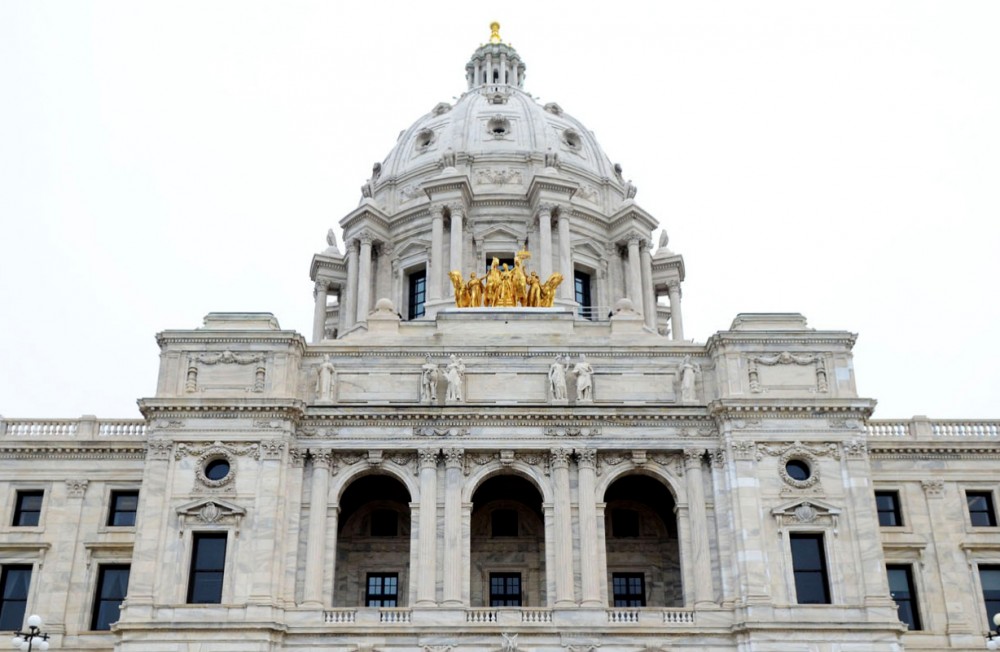In the last hour of session Sunday evening, the Minnesota State Legislature passed an $825 million bonding bill, which would fund about one-third of the proposed infrastructure projects across University of Minnesota campuses if confirmed.
After a bonding bill failed to pass in the Senate last week, lawmakers amended the proposal and voted on the revised bill Sunday night. The new proposal contained about $79 million of the University’s $238.5 million request, including full funding for the Pillsbury Hall and Glensheen Mansion renewals. The University would also receive $45 million of its requested $200 million in Higher Education Asset Preservation and Replacement funding.
The bill passed in the Senate by one vote, where it had previously failed to receive any support from Democrats. It re-passed in the House with little debate. The bill focused on the specific requests of the University and Minnesota State system, said Rep. Alice Hausman, DFL-St. Paul. In total, about $210 million in the bill will go toward higher education.
“The priorities of those two organizations were honored,” Hausman said on the floor.
University President Eric Kaler voiced support of the bill in a statement Monday.
“The recently passed Capital Investment Bill — pending Governor Dayton’s signature to become law — provides several key investments that will advance our mission of educating and serving the citizens of the State of Minnesota,” he said. “With these investments, we can move ahead with important projects that will renew some of our oldest facilities and strengthen our impact across the state.”
The bill will now head to DFL Gov. Mark Dayton’s desk, who has expressed his disapproval of it and has threatened to veto other large spending bills that come his way. In January, he recommended more than three times the amount of funding for higher education in his bonding proposal. In a conference committee Sunday, Commissioner of Minnesota Management and Budget Myron Frans said Dayton was disappointed with the proposal, though there has been no direct indication as to whether or not the governor would veto the bill.
“This is clearly a missed opportunity. We have the resources and the needs, and we are not taking care of the things we need to,” he said. “From the governors point of view, this is really a missed opportunity.”








